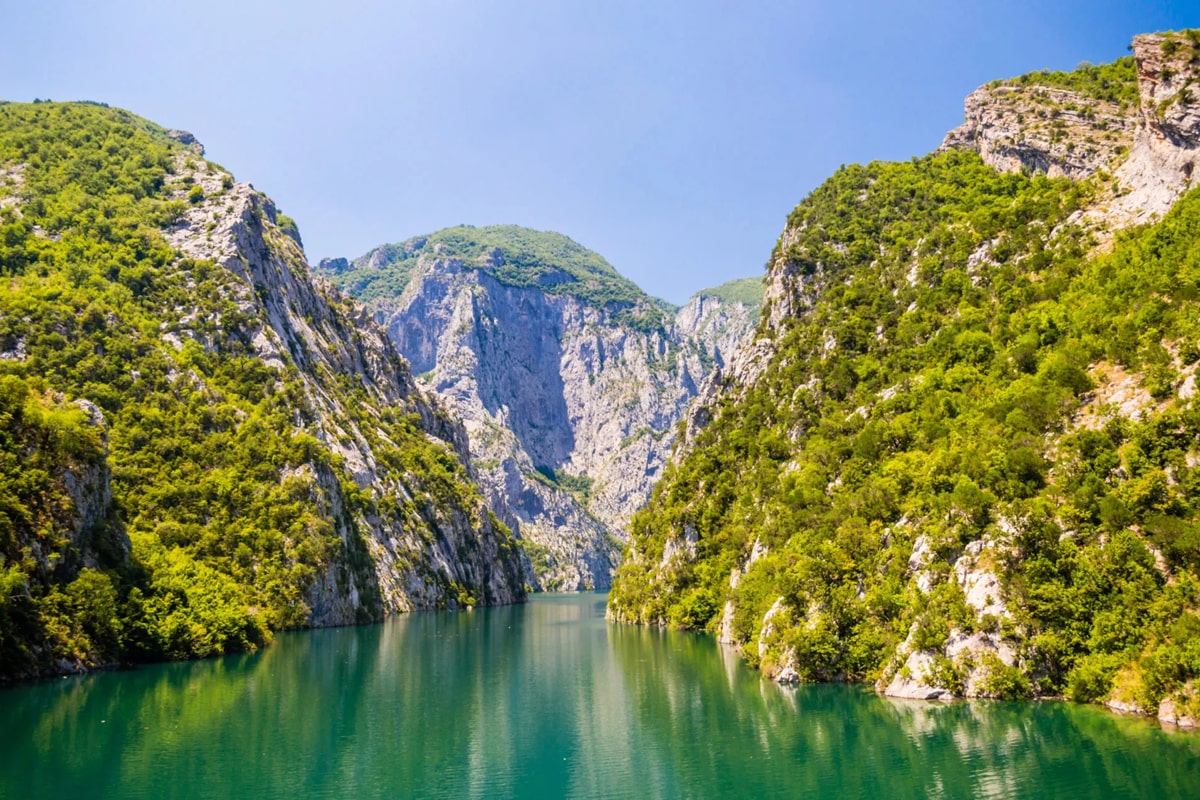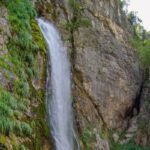History
If you’ve ever met an Albanian, he’s said that his people are among Europe’s oldest. The fascinating background of our nation is the inspiration for this interesting truth. Find an area to dig, and you are sure to unearth some kind of archeological artifact. Butrint, one of Albania’s most famous archaeological monuments, has remnants from the Illyrians, Greeks, and Romans. The Middle Ages are represented by castles, fortresses, bridges, and mosques, while the Ottoman legacy is seen in Byzantine churches and even evidence of barbarous invasions. For those who are interested in European history and are planning a vacation, Albania is an excellent destination.
Albanian Language
Despite its place within the Indo-European language family, the Albanian language is distinct from any other member of that family. Due to the language’s oral history, it is often assumed by scholars to have descended from ancient Illyrian, however, this assertion is unproven. Albanian literature did not begin to appear until 1555. Albanian (“Shqip”) is a native language for almost 10 million people across the globe. Albanian, Kosovo, and North Macedonian use it as their official language.
Mountain Relief
Our nation was given the name “Arnaut,” which means “land of mountains,” by the Ottomans during their 15th-century conquest. Seventy-five percent of the landmass is located at or above the 700-meter elevation mark, making up the majority of the country’s (twice higher than that of Europe). The spectacular variety of ecosystems may be directly attributed to the presence of such rugged topography. Albania has over 14 percent of its landmass dedicated to national parks and other protected areas, totaling 799 such locations. Because of this, it is one of the best places in Europe to go on a nature trip.
Traditional Food
Nature has provided for our nutritional needs. In general, vegetables, fruits, olive oil, dairy products, and seafood are the backbone of traditional Albanian fare. Albanian women, who are often impoverished and secluded from the outside world, have perfected the art of utilizing every part of the garden. Traditionally, men have handled the majority of the labor associated with farming, cattle, and the production of dairy products. They are dairy product experts since they spend the summers alone in the alpine grazings. Fli, arapash, fergez, qumeshtor, tave kosi, etc. are just a few of the delicious traditional Albanian foods that you just must eat on your journey to this beautiful country.
Religion
Whenever you ask an Albanian about their faith, they will proudly tell you that their religion is Albanian. It’s a shared custom that originated in the 19th century when advocates of national unity among the diverse Albanian population campaigned for it as part of the Albanian Renaissance. While Sunni, Christian, Orthodox, and Bektashi are the four largest faiths in Albania, few citizens place a premium on religious practice. That may be because the former dictator proclaimed Albania an atheist state in 1967 and promptly ordered the execution of numerous priests who persisted in secretly preaching anyhow. People of different religions in Albania have always lived and married together peacefully. One unique aspect of Albanian religion is that Tirana serves as the spiritual epicenter for adherents of the Bektashi order, whose headquarters are located there. They may be Muslims, but you shouldn’t be shocked to see members of this Sufi group imbibing raki because of their teachings on tolerance, pantheism, meditation, and patriotism. When I asked a dervish about alcohol in the Quran, he told me that anything made from grapes or dates is permitted.






